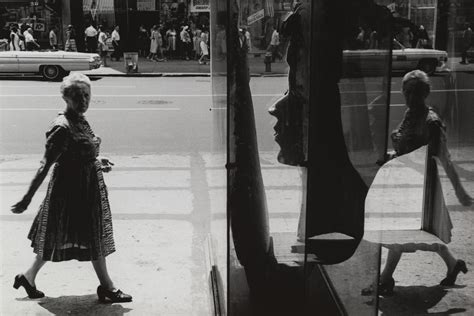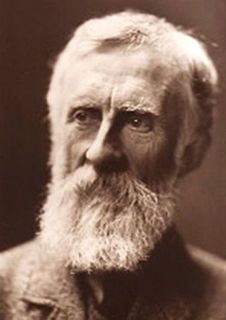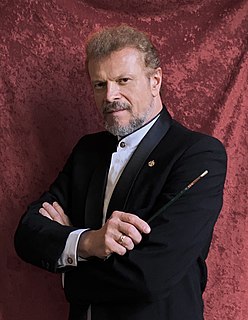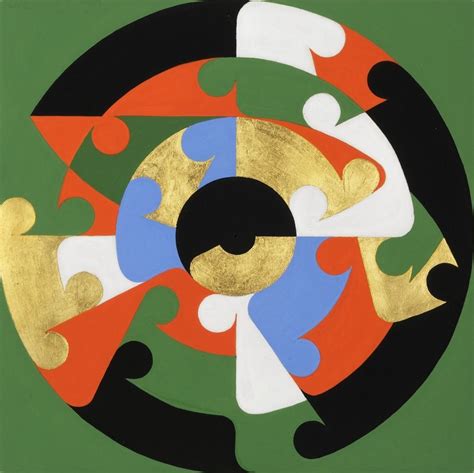A Quote by Sam Abell
As I have practiced it, photography produces pleasure by simplicity. I see something special and show it to the camera. A picture is produced. The moment is held until someone sees it. Then it is theirs.
Related Quotes
[Cameras] tend to turn people into things and the photograph extends and multiplies the human image to the proportions of mass-produced merchandise and, [in the age of photography] the world itself becomes a sort of museum of objects that have been encountered before in some other museum and to say that the camera cannot lie is merely to underline the multiple deceits that are now practiced in its name.
The photographer sees the world as a child sees the bits of glass in a kaleidoscope. If he has a camera with which he can secure these ever-changing combinations, he is then able to look on them again and again, and he has the further pleasure of pleasing others with the sight of things which he, with perhaps unusual opportunities, was able to see, which his friends would otherwise not ever be able to.
Perhaps everything lies in knowing what words to speak, what actions to perform, and in what order and rhythm; or else someone's gaze, answer, gesture is enough; it is enough for someone to do something for the sheer pleasure of doing it, and for his pleasure to become the pleasure of others: at that moment, all spaces change, all heights, distances; the city is transfigured, becomes crystalline, transparent as a dragonfly.




































